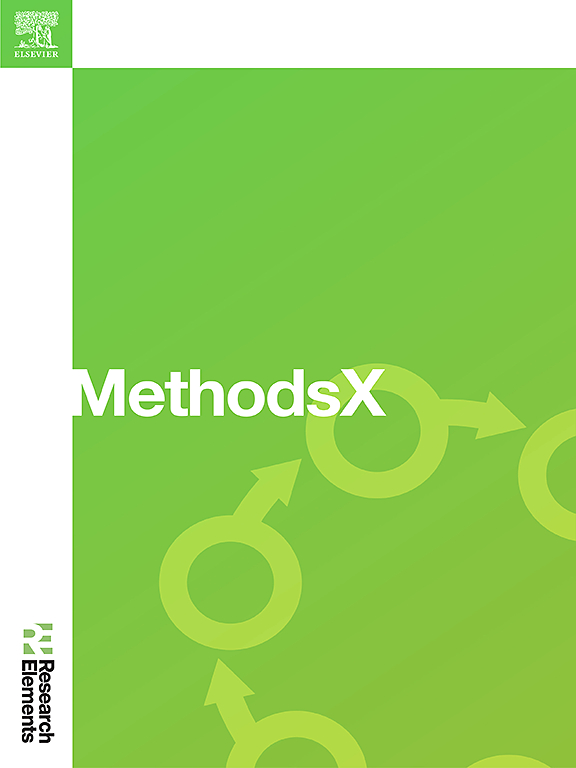A protocol to assess the Knee cartilage thickness in healthy older adults and analyze its correlation with patient-reported outcomes
IF 1.6
Q2 MULTIDISCIPLINARY SCIENCES
引用次数: 0
Abstract
Knee osteoarthritis (KOA)is a degenerative joint condition affecting about 240 million people worldwide with rising incidences in India. The progressive nature of the disease leads to pain, reduced mobility, and diminished quality of life. Despite extensive global research, there is a lack of normative data on the cartilage thickness specific to the Indian population, which is crucial to understanding the nature of the disease progression. Thereby this study aims to establish normative cartilage thickness values in healthy Indian adults and correlate these values to the knee injury and osteoarthritis outcome score (KOOS). Using ultrasonography, the cartilage thickness will be measured in 100 healthy individuals. Baseline cartilage values will be linked to the various domains of the KOOS score to evaluate early cartilage degeneration and its impact on function. This research will address the gap in Indian-specific data, including early detection and management of KOA and improving clinical decision-making for better outcomes and quality of life.
- •Establish normative knee cartilage thickness in healthy Indian population using USG.
- •Helps identify KOA in early stages through USG-based cartilage thickness evaluation
- •Enables clinicians to target rehabilitation efforts effectively and potentially improve patients' outcomes and quality of life.

求助全文
约1分钟内获得全文
求助全文
来源期刊

MethodsX
Health Professions-Medical Laboratory Technology
CiteScore
3.60
自引率
5.30%
发文量
314
审稿时长
7 weeks
期刊介绍:
 求助内容:
求助内容: 应助结果提醒方式:
应助结果提醒方式:


